Papal Conclave: Debate Over Convicted Cardinal's Voting Eligibility
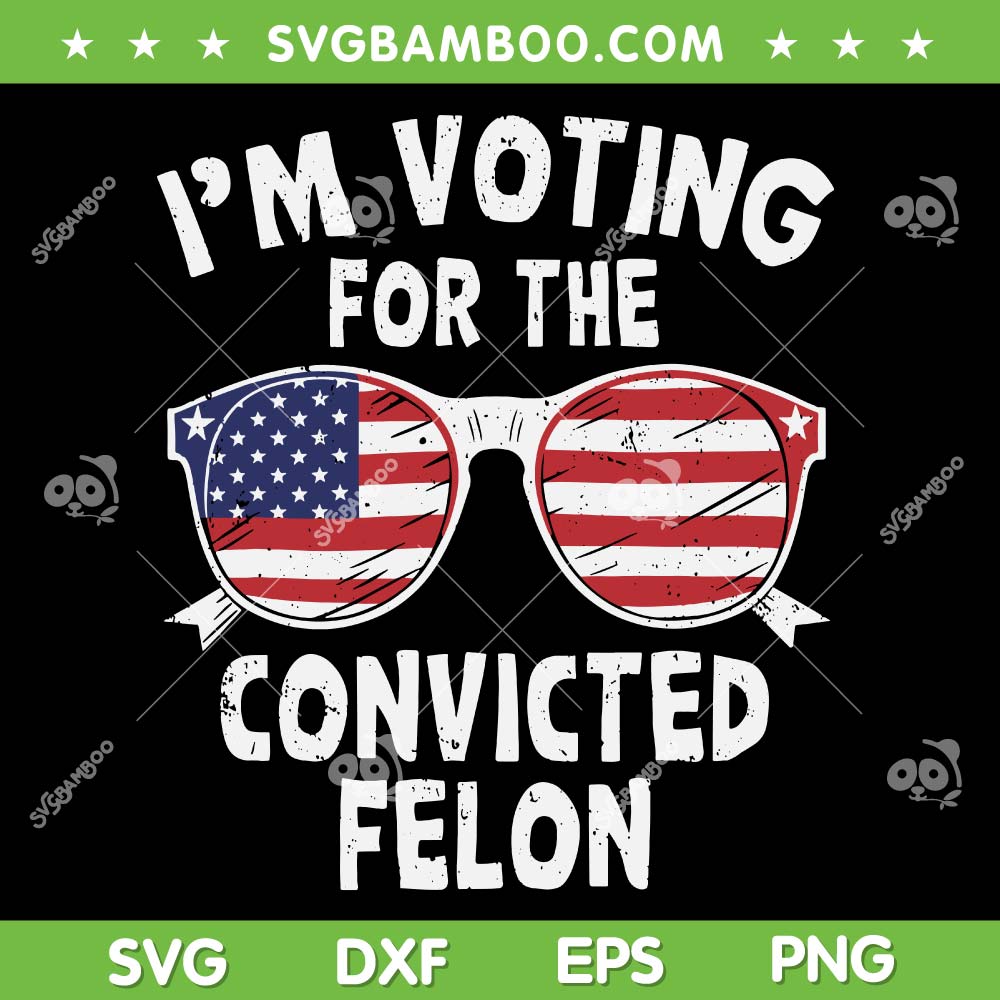
Table of Contents
Canonical Law and the Eligibility of Cardinals
The question of the convicted Cardinal's voting eligibility hinges on the intricacies of Canon Law, specifically the Code of Canon Law (CIC). Understanding the relevant canons is crucial to evaluating the arguments for and against his participation. Key questions arise concerning the interpretation of specific articles within the CIC regarding the suitability of Cardinals to participate in a Papal Election.
- Examination of relevant canons: A thorough examination of the Code of Canon Law is necessary to determine whether a criminal conviction automatically disqualifies a Cardinal from voting. Specific canons addressing moral fitness and suitability for participation in the Conclave must be analyzed.
- Discussion of precedents: Legal precedent plays a vital role. Have convicted Cardinals participated in previous conclaves? If so, what were the specifics of their convictions, and what justifications, if any, were offered for their inclusion? Examining historical examples offers valuable context.
- Analysis of interpretations of canon law: Canon law, like any legal system, is subject to interpretation. Different theological viewpoints and legal interpretations could lead to varying conclusions regarding the convicted Cardinal's eligibility.
- Exploration of potential loopholes or ambiguities: The existence of loopholes or ambiguities within the existing legislation further complicates the matter. Such ambiguities might be exploited to argue either for or against the Cardinal's participation, highlighting the need for clarity in Canon Law.
Arguments For and Against the Convicted Cardinal's Participation
The debate surrounding the convicted Cardinal’s participation is fiercely divided. Arguments both for and against his inclusion present compelling, yet opposing, viewpoints.
- Arguments supporting participation: Proponents of the Cardinal's participation emphasize the principles of due process and the presumption of innocence until proven guilty. They argue that unless explicitly prohibited by canon law, the Cardinal retains his rights as a member of the College of Cardinals.
- Counterarguments opposing participation: Opponents emphasize the moral implications of a convicted Cardinal participating in an election of such profound spiritual significance. They argue that his participation could undermine the integrity and moral authority of the Papal Conclave.
- Discussion of the potential damage to the Church's reputation: Allowing a convicted Cardinal to vote risks damaging the Church's reputation and eroding public trust. This negative perception could have far-reaching consequences for the Church's standing in the world.
- Analysis of the potential impact on the legitimacy of the elected Pope: The legitimacy of the next Pope could be questioned if a convicted Cardinal participates in the election. This concern raises questions about the perceived fairness and impartiality of the process.
The Role of the Congregation for the Doctrine of the Faith
The Congregation for the Doctrine of the Faith (CDF), the Vatican's doctrinal body, plays a pivotal role in this complex situation.
- Examination of the CDF's role in investigating allegations: The CDF's investigation of the allegations against the Cardinal is crucial in determining the veracity and gravity of the convictions. Their findings will significantly influence the decision-making process.
- Analysis of the Congregation's potential influence: The CDF's interpretation of Canon Law and its recommendations hold significant weight in the decision regarding the Cardinal's voting eligibility. Their influence on the outcome is undeniable.
- Discussion of potential appeals or further canonical processes: The possibility of appeals or further canonical processes adds another layer of complexity. These processes could delay the Conclave or even lead to a different outcome.
- Exploration of the implications of the CDF's decision: The CDF's decision will establish a precedent that will shape future cases of similar nature, impacting the future of Papal Conclaves and Cardinal eligibility.
Public Opinion and Media Coverage
The intense media scrutiny and public discourse surrounding this issue cannot be overlooked.
- Analysis of media coverage and public opinion: Media coverage, both traditional and social media, plays a significant role in shaping public opinion. Analyzing this coverage reveals the diversity of perspectives on this issue.
- Assessment of the impact of social media: Social media has amplified the debate, allowing for immediate and widespread dissemination of opinions and information, sometimes with limited factual accuracy.
- Discussion of the role of transparency: Maintaining transparency in the Vatican's processes is vital to preserving public trust. Open communication about the decision-making process will be crucial in mitigating potential controversies.
Conclusion
The debate surrounding the convicted Cardinal's voting eligibility in the upcoming Papal Conclave highlights the complex interplay between canonical law, justice, and the public perception of the Catholic Church. The outcome will undoubtedly have significant implications for future Papal elections and the Church's commitment to accountability. The various arguments presented, ranging from upholding canonical law to safeguarding the Church's reputation, underscore the gravity of this decision. The Papal Conclave, a pivotal moment in the Catholic Church's life, is at the center of a profound legal and moral dilemma.
Call to Action: To stay informed on the unfolding events surrounding this critical issue and the implications for the future of the Papal Conclave, continue following reputable news sources covering the Vatican and the upcoming election. Understanding the complexities of the Papal Conclave and the debates surrounding Cardinal eligibility is crucial for informed engagement with this significant event in the Catholic Church.

Featured Posts
-
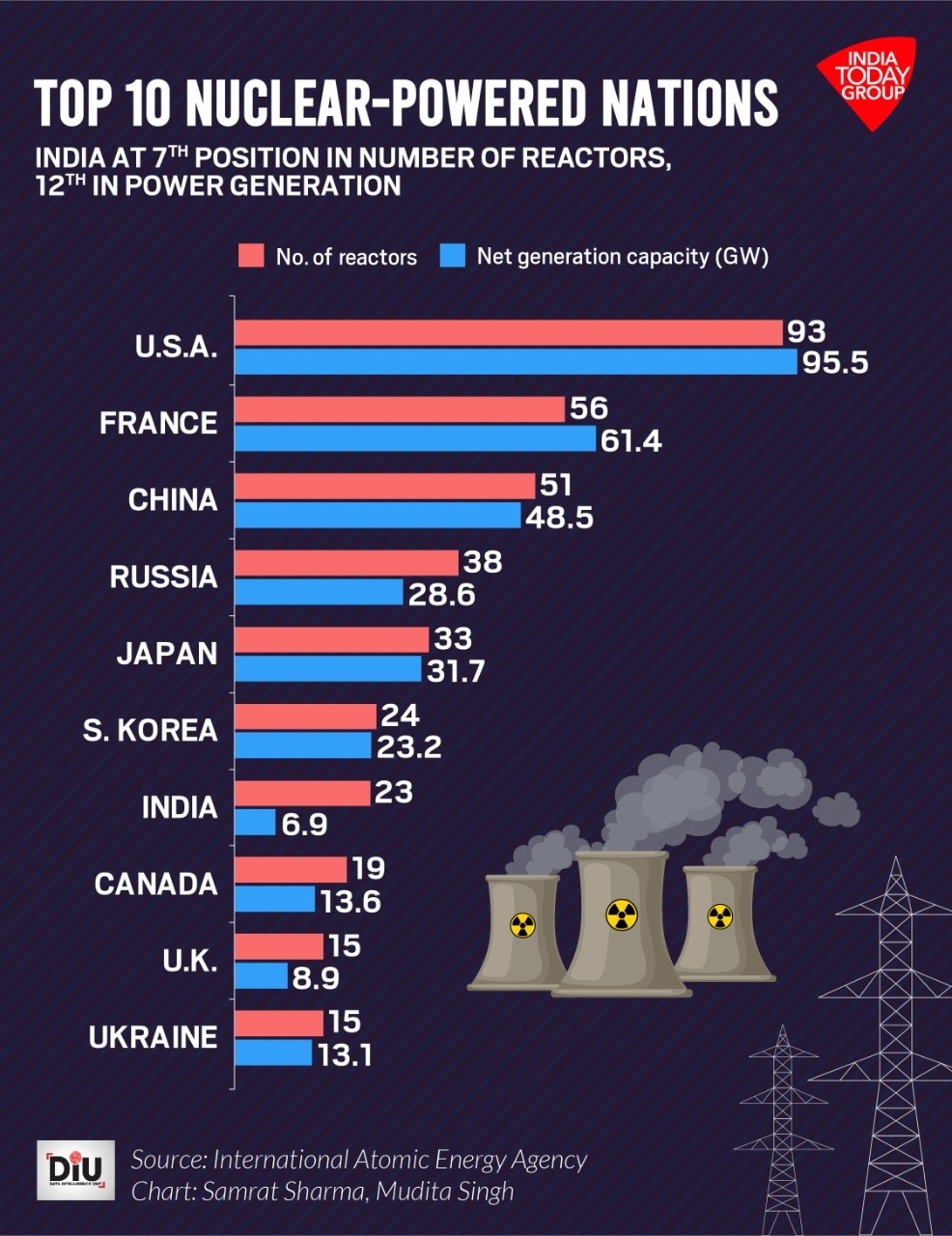 Chinas Nuclear Power Expansion 10 New Reactors Approved
Apr 29, 2025
Chinas Nuclear Power Expansion 10 New Reactors Approved
Apr 29, 2025 -
 Tik Tok And Adhd Misdiagnosis Concerns
Apr 29, 2025
Tik Tok And Adhd Misdiagnosis Concerns
Apr 29, 2025 -
 New Music Jeff Goldblum Ariana Grande And I Dont Know Why I Just Do
Apr 29, 2025
New Music Jeff Goldblum Ariana Grande And I Dont Know Why I Just Do
Apr 29, 2025 -
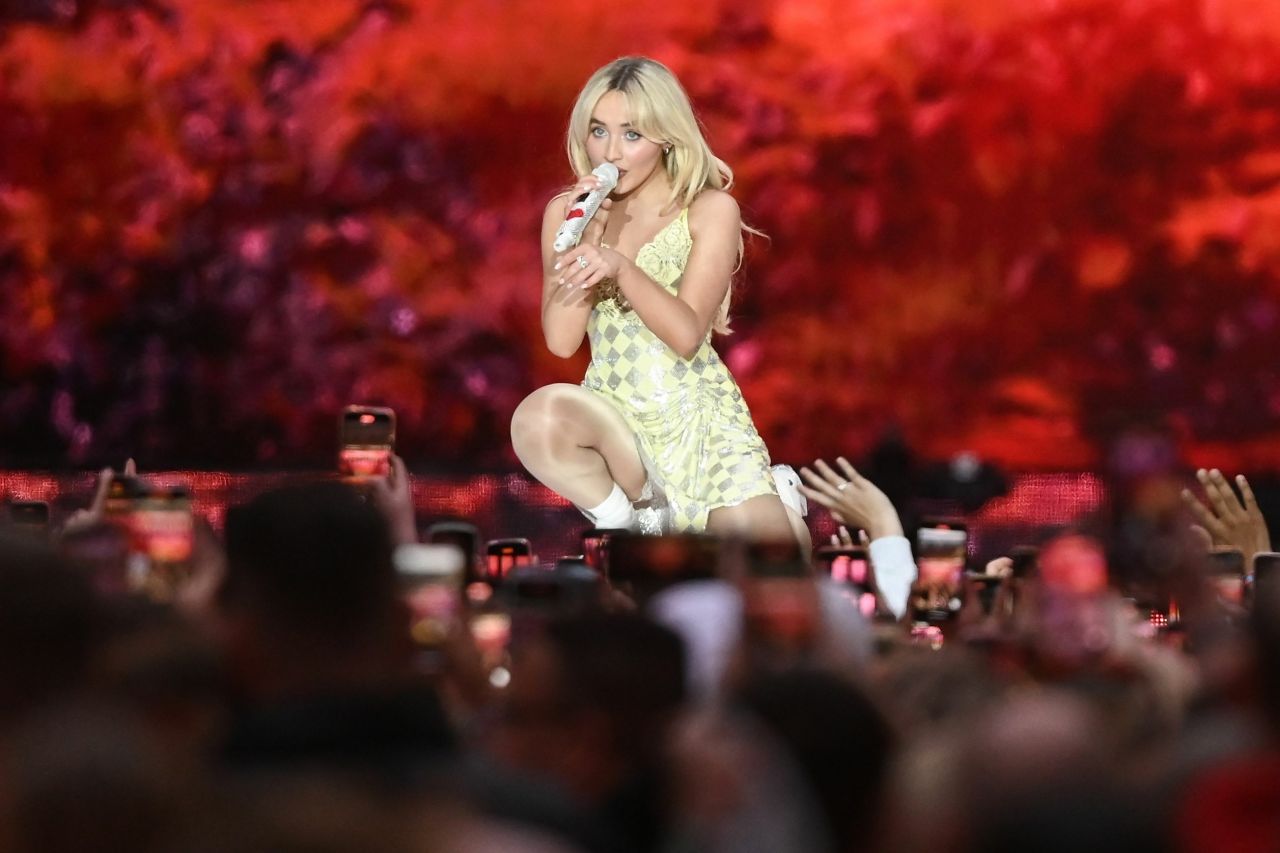 Securing Capital Summertime Ball 2025 Tickets A Step By Step Plan
Apr 29, 2025
Securing Capital Summertime Ball 2025 Tickets A Step By Step Plan
Apr 29, 2025 -
 Understanding Pw Cs Decision To Leave Nine Sub Saharan African Nations
Apr 29, 2025
Understanding Pw Cs Decision To Leave Nine Sub Saharan African Nations
Apr 29, 2025
Latest Posts
-
 Is It Adhd 8 Common Yet Subtle Signs In Adults
Apr 29, 2025
Is It Adhd 8 Common Yet Subtle Signs In Adults
Apr 29, 2025 -
 The Relationship Between Adhd Autism Spectrum Disorder And Intellectual Disability
Apr 29, 2025
The Relationship Between Adhd Autism Spectrum Disorder And Intellectual Disability
Apr 29, 2025 -
 Prevalence Of Adhd In Adults With Autism Spectrum Disorder And Intellectual Disability
Apr 29, 2025
Prevalence Of Adhd In Adults With Autism Spectrum Disorder And Intellectual Disability
Apr 29, 2025 -
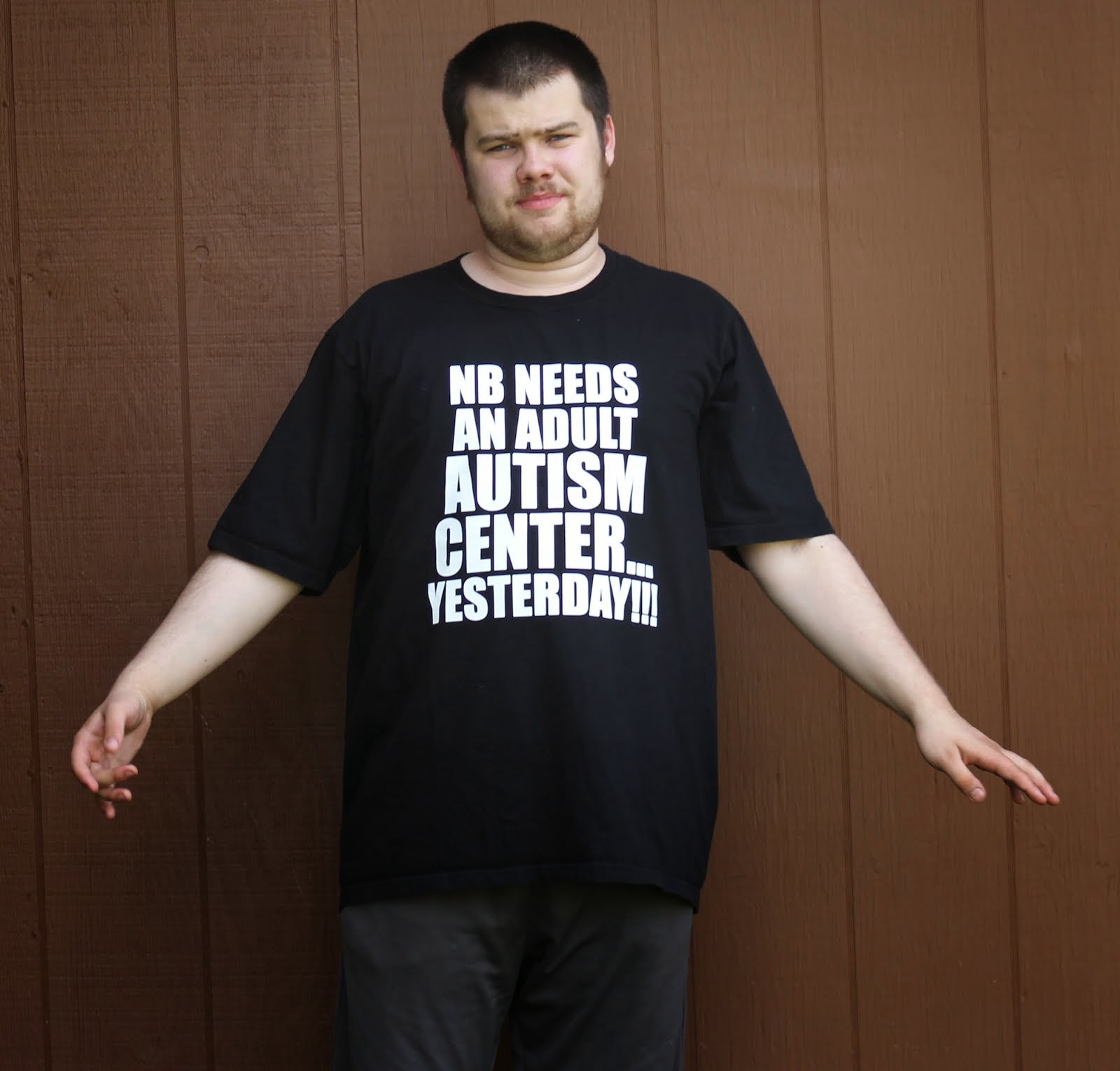 Co Occurrence Of Adhd Autism And Intellectual Disability Findings From A Recent Study
Apr 29, 2025
Co Occurrence Of Adhd Autism And Intellectual Disability Findings From A Recent Study
Apr 29, 2025 -
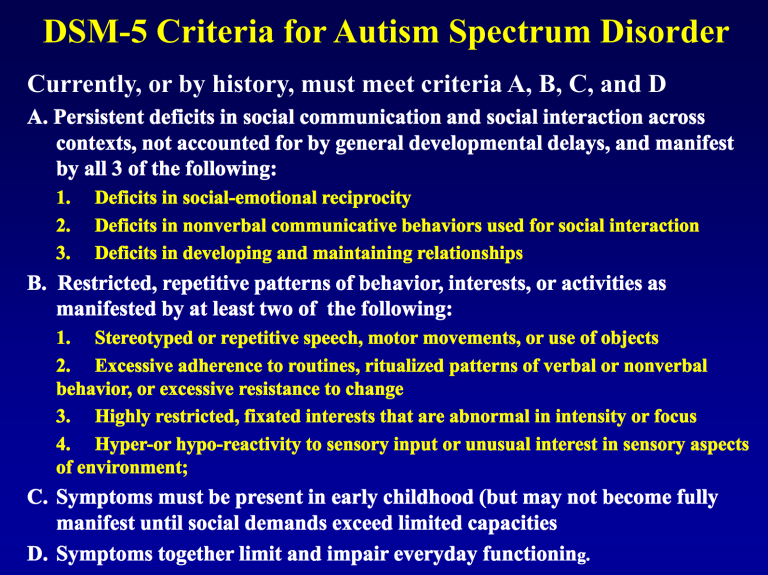 Adult Adhd Increased Prevalence Found In Individuals With Autism And Intellectual Disability
Apr 29, 2025
Adult Adhd Increased Prevalence Found In Individuals With Autism And Intellectual Disability
Apr 29, 2025
